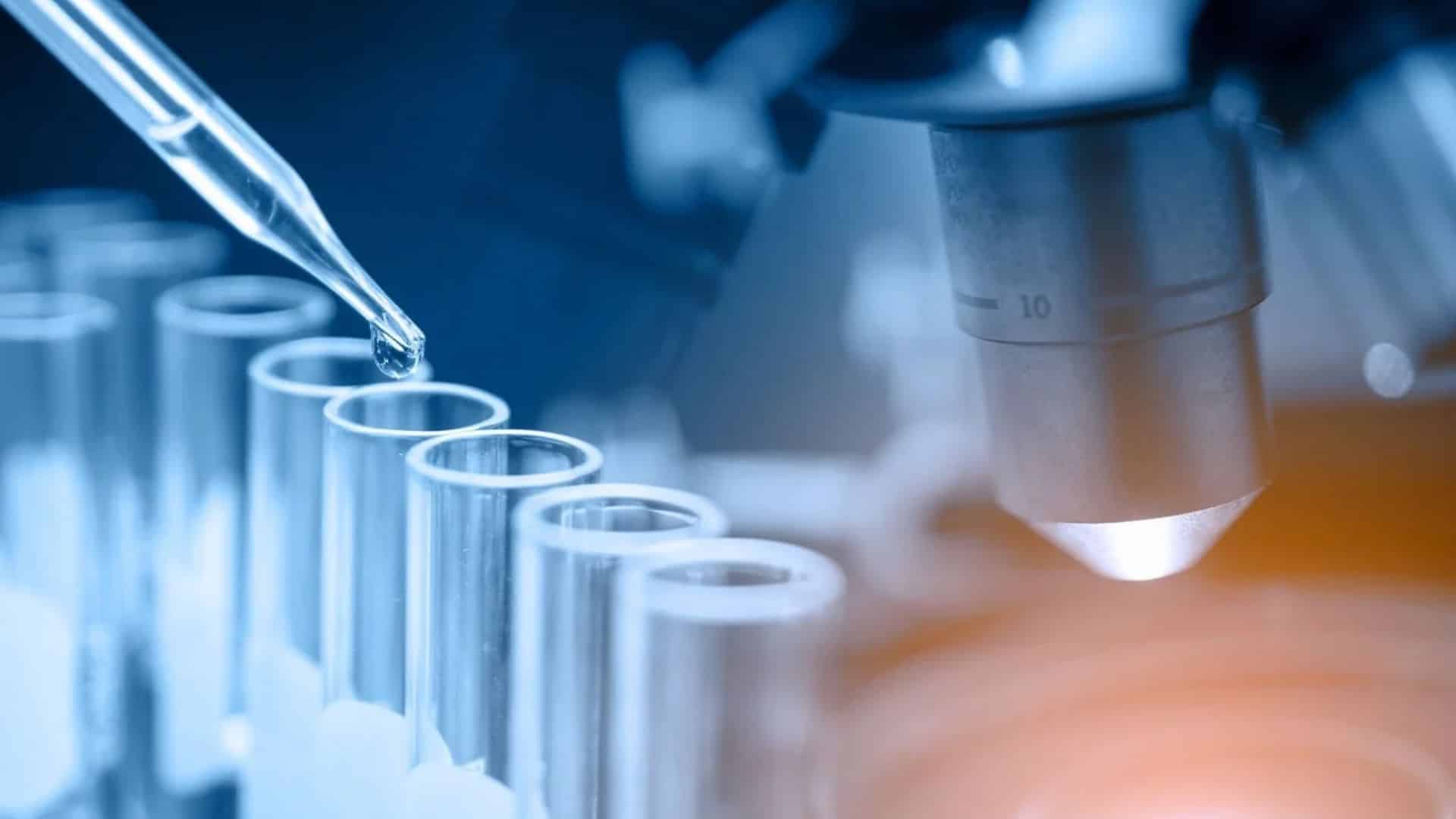Aerospace engineering is a field where precision, safety, and reliability are paramount. Ensuring that materials, products, and processes meet stringent standards is critical for the success and safety of aerospace projects. The American Society for Testing and Materials ASTM plays a significant role in establishing these standards. In this blog, we will explore ASTM’s contributions to aerospace engineering and why they are essential for the industry.
What is ASTM?
ASTM International, formerly known as the American Society for Testing and Materials, is a globally recognized organization that develops and publishes voluntary consensus standards. These standards cover a wide range of materials, products, systems, and services, ensuring quality and safety across various industries, including aerospace engineering.
ASTM’s Impact on Aerospace Engineering
Material Standards
- Selection and Specification: ASTM provides detailed standards for selecting and specifying materials used in aerospace applications. These standards ensure that these materials possess the necessary properties for high performance and safety.
- Testing and Evaluation: Standards for testing and evaluating materials help in verifying their suitability for use in aerospace components. This includes tensile strength, fatigue resistance, and thermal stability.
Manufacturing Processes
- Process Control: ASTM standards guide the manufacturing processes of aerospace components, ensuring consistent quality and performance. This includes standards for welding, machining, and additive manufacturing.
- Quality Assurance: Standards for quality assurance processes help manufacturers maintain high levels of quality and reliability in their products, reducing the risk of defects and failures.
Component Testing
- Performance Testing: ASTM provides standards for testing the performance of aerospace components under various conditions. This includes testing for structural integrity, thermal resistance, and vibration resistance.
- Safety Testing: Standards for safety testing ensure that aerospace components meet strict safety criteria, protecting both the aircraft and its occupants.
Environmental Testing
- Corrosion and Wear: ASTM standards address the testing of materials and components for corrosion and wear resistance, which are critical for the longevity and reliability of aerospace products.
- Environmental Exposure: Standards for environmental exposure testing ensure that aerospace components can withstand extreme conditions such as high altitude, temperature variations, and humidity.
How METS Lab Supports Compliance with ASTM Standards?
At METS Lab, we understand the critical importance of ASTM standards in aerospace engineering. Our comprehensive testing and analytical services help the businesses to ensure their materials and components meet the stringent requirements set by ASTM. Here’s how we support compliance:
- Advanced Testing Facilities: Our state-of-the-art laboratories are equipped to conduct a wide range of tests in accordance with ASTM standards.
- Experienced Professionals: Our team of experts has extensive experience in aerospace testing and a deep understanding of ASTM standards.
- Customized Solutions: We offer tailored testing solutions to meet the specific needs of our clients, ensuring accurate and reliable results.
- Continuous Support: From initial consultation to final reporting, we provide continuous support to help our clients to navigate the complexities of ASTM compliance.

Conclusion
ASTM plays a vital role in aerospace engineering by providing comprehensive standards that ensure safety, reliability, and performance of materials and components. For international businesses involved in the aerospace industry, adherence to ASTM standards is crucial. METS Lab is committed to helping you to achieve compliance and excellence in aerospace engineering through our expert testing services.



